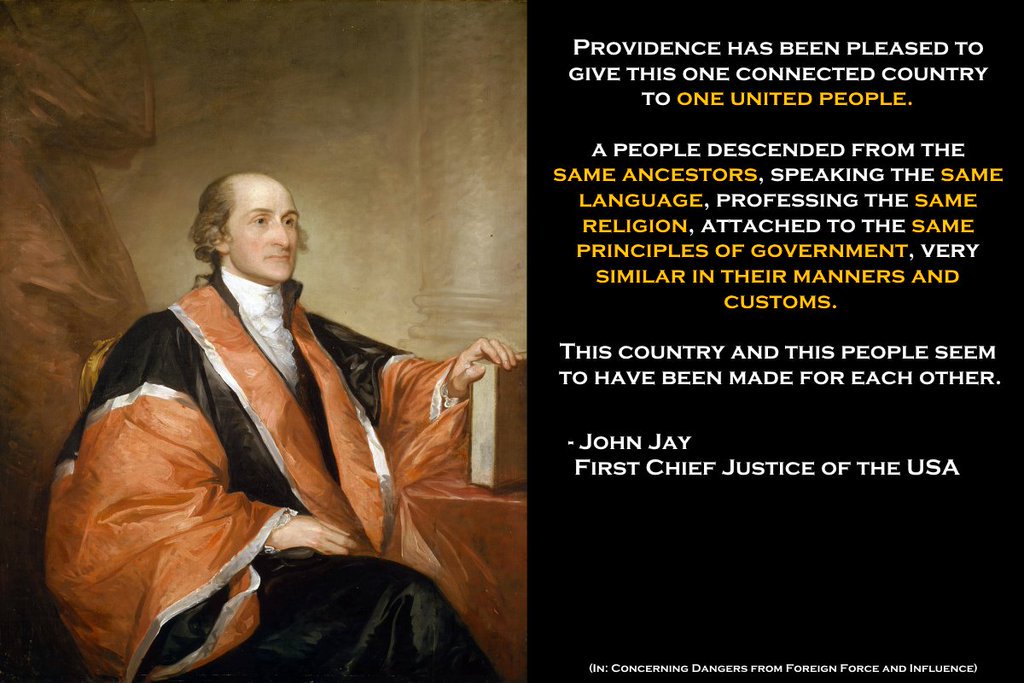It appears (((Ben Shapiro))) has given up on his mythical propositional “America”:
We’re watching the end of America in real time.
That doesn’t mean that the country’s on the verge of actual implosion. But the idea of America required a common definition of being American: a love of country on the basis of its founding philosophy. That has now been undermined by the left.
Love of country doesn’t mean that you have to love everything about America, or that you can’t criticize America. But loving America means understanding that the country was founded on a unique basis -a uniquely good basis. That’s what the flag stands for. Not ethnic superiority or racial solidarity or police brutality but the notion of individual liberty and equal rights before God. But with the destruction of that central principle, the ties that bind us together are fraying. And the left loves that.
In fact, the two defining philosophical iterations of the modern left both make war with the ties that bind us together. In President Obama’s landmark second inaugural address, he openly said, “Being true to our founding documents…does not mean we all define liberty in exactly the same way.” This is the kind of definition worshipped by Justice Anthony Kennedy, who has single-handedly redefined the Constitution. He said, “At the heart of liberty is the right to define one’s own concept of existence, of meaning, of the universe, and of the mystery of human life.”
But this means that liberty has no real definition outside of “stuff I want to do.” And we all want to do different stuff, sometimes at the expense of other people’s liberty. Subjective definitions of liberty, rather than a common definition, means a conflict of all against all, or at least a conflict of a government controlled by some who are targeting everyone else. It means that our flag is no longer a common symbol for our shared definition of liberty. It’s just a rag that means different things to different people based on their subjective experiences and definitions of reality.
And that means we have nothing holding us together.
The only way to restore the ties that bind us is to rededicate ourselves to the notion of liberty for which generations of Americans fought and died. But that won’t happen so long as the left insists that their feelings are more important than your rights.
It’s difficult for a revisionist lie to hold people together in lieu of the genetic, linguistic, religious, and cultural kinship upon which successful nations have historically rested. And if “only way to restore the ties that bind us is to rededicate ourselves to the notion of liberty”, well, to paraphrase Stefan Molyneux, that is not a strategy.
It’s just gaseous cuckservative rhetoric.
It’s also a bit ironic that (((Shapiro))) should complain about President Obama redefining liberty and Justice Kennedy redefining the U.S. Constitution, considering that he and his (((co-religionists))) have shamelessly attempted to redefine both “America” and “Christian values” for over 100 years.
This is why the eventual triumph of the Alt-Right over conservatism and its panoply of ahistorical myths is inevitable. Our beliefs are rooted in well-documented history and are entirely in line with both reality and current events. Theirs are rooted in revisionist lies and romantic bathos, and are hopelessly out of sync with what can be readily observed by anyone.

